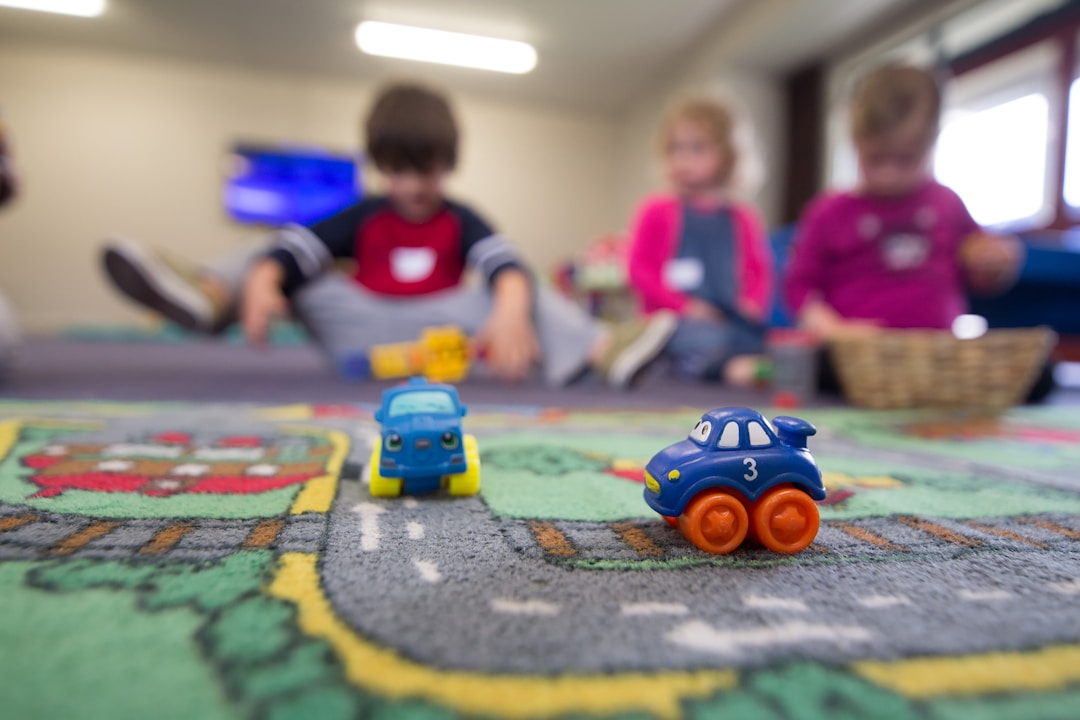There are few experiences in life that are simultaneously as stressful and rewarding as becoming a parent. As a new parent, you’re likely to have a million questions to ask and don’t know where exactly to look for answers. Luckily, there are a number of resources available specifically for those who are new to parenting and need help figuring out what to do next. Even managing your child’s basic needs can require an adjustment period if you’ve never cared for a child before. If you’ve recently become a parent or plan to in the future, keep reading for some of the best advice for new parents.
What does your new child need?
It’s common for new parents to worry about being able to meet their child’s basic needs, starting with the basics of deciding how to feed them. Choosing formula or breastmilk is one of the first big decisions you’ll need to make, so take time to weigh the pros and cons and discuss the issue with your doctor. Studies suggest that breastfeeding exclusively for the first six months of life can have significant health benefits.

It may be a good idea to look at a newborn checklist if you’re worried you’ve forgotten to purchase something essential. Between feeding, diapering, clothing, and bathing your child, you’re likely to need quite a few new products and supplies. You’ll also need to make a plan for sleeping. Most parents use a crib of some kind, but co-sleeping is also an option.
Finding your child a pediatrician should also be a priority, considering that young children can require frequent medical attention. If they need medication, looking for an online pharmacy can be a great way to access care and save money. Since online pharmacies can offer you medication from the international market, it can be cheaper than the prices that are offered to you by the pharmacist at your local pharmacy. Take your time to look for the best online pharmacy — you want to make sure you’re working with a licensed pharmacist or pharmacy technician with years of experience working with prescription drugs.
How should you handle childcare?

Families that have a stay-at-home parent often don’t need to invest as much in childcare. For occasional nights out, a babysitter or a family member may be able to handle watching your child. However, if you and your partner both work or your lifestyle demands that you be away from home frequently, you may want to look for a more permanent solution. A nanny is one option for those who want constant supervision, though full-time domestic help can be expensive. Preschool or daycare are often the best ideas for busy parents.
The ideal daycare program will help your child have fun while helping them develop a love of learning, like this Fairfield child care center. Make sure the school has a quality teaching staff that gives you peace of mind when you leave your child in their care. It’s also a good idea to look for a child care program with a creative curriculum that can help get your child’s educational journey off to the best start.
Taking care of your new child is a full-time job, which means you’ll likely need to make some adjustments to prepare for their arrival. Managing their needs will take up a lot of your time, so it’s important to understand what they are and how you can handle the additional workload as soon as you’re able to. Try to be flexible when looking for solutions to common problems: No two children are exactly the same, and you need to find out what works for you. Making a plan for your child’s basic needs and their early development will alleviate some of your stress as a parent and give your child what they need to thrive.
